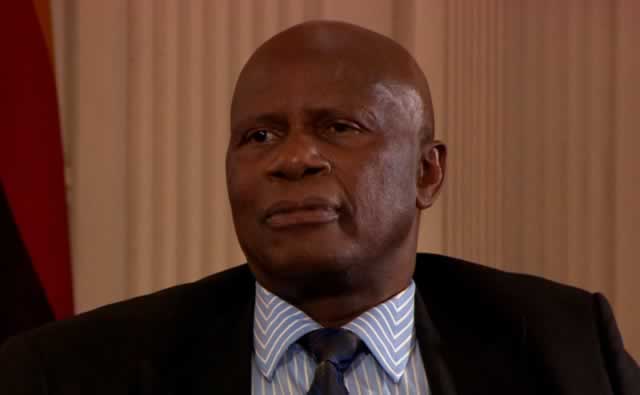
The Sunday News

Dumisani Nsingo/Clinton Moyo, Farming Reporters
FARMERS have welcomed the Government’s pledge to support horticultural producers as a big stride towards improving production and food security.
Presenting the 2018 National Budget proposals last week Finance Minister Patrick Chinamasa said the Government has set sights on offering support to selected horticultural producers as part of its efforts to capacitate them.
“Government plans to co-ordinate extension of support towards expanded horticulture production from 2018, focusing on providing support towards identified farmers.
“Some of these farmers would be requiring rehabilitation and expansion of irrigation infrastructure, access to handling technologies, market access, financial services and capacity building,” Minister Chinamasa said.
He said although the programme would target both commercial and small holder farmers it was largely focused on benefiting the former with the latter mostly participating as out growers.
“Participating farmers will largely be drawn from both the commercial and smallholder farming communities, with the programme anchored on commercial farmers with expertise in horticulture production.
“This intervention will provide us with new opportunities to economically empower farmers, particularly smallholder ones, create employment opportunities, as well as earn foreign currency,” said Minister Chinamasa.
Zimbabwe Commercial Farmers Union (ZFU) president Mr Wonder Chabikwa said the move by the Government to offer assistance to horticultural producers was a good move as it was likely to increase production and promote exports.
“We have been expecting that (support) from the Government because this country is agro-based. This was supposed to be done long back because it has the ability to address the cash shortages that we are having.
“We just hope that it will be done as soon as possible because the market is there. The thing is that farmers have no financial strength to put up infrastructure that will enable them to get the quality and quantity that is needed by the export market,” said Mr Chabikwa.
He said horticultural production was capital intensive thus the need for farmers to be technically and financially supported.
“Some horticulture crops need green houses and most farmers cannot afford that. For a fruit it takes three months (to mature) and its ready for market and you get your money, as for flowers the export market is already there,” said Mr Chabikwa.
Zimbabwe Farmers Union president Retired Major Abdul Credit Nyathi said the move by the Government to support horticultural producers would go a long way towards improving nutrition and food security in the country.
“The country is going to benefit immensely from the support that will be given to horticulture farmers. As you know this falls under the Cluster A of the Zim Asset which is food and nutrition at the same time it will enable us to export and generate foreign currency for the country,” he said.
Rtd Maj Nyathi said ZFU has started mobilising farmers that qualify to benefit under the programme.
“We have already started organising farmers who fit under the scheme and we are aware horticulture crops require water throughout the year, especially in winter.
“On the part of farmers we will make sure that they have boreholes and necessary equipment,” he said.
Meanwhile, ZimTrade is encouraging farmers in the Midlands and Matabeleland provinces to explore opportunities in export markets for horticulture produce.
In the past, Matabeleland exported paprika, peas and bird’s eye chillies while Midlands farmers exported cut-flowers to the European Union (EU).
Seminars conducted by ZimTrade in Bulawayo and Gweru in October and November respectively, brought together at least 50 horticulture farmers, funding institutions and agricultural extension services’ representatives to deliberate on how best the regions can contribute to the horticultural exports for the country.
Mr Peter de Wit, a PUM horticulture expert from The Netherlands who was in the country recently, explained that the horticulture sector is abound with Consortium Certifications which assure the market that the produce is safe for human consumption.
Zimbabwe was once a major exporter of horticultural produce to the EU generating export revenue worth US$143 million in the years 1999/2000, but this declined to US$83 million in 2016 due to various reasons including logistical challenges, lack of access to finance and technical expertise.
ZimTrade engaged PUM experts to assist horticultural farmers with technical expertise to improve productivity.



